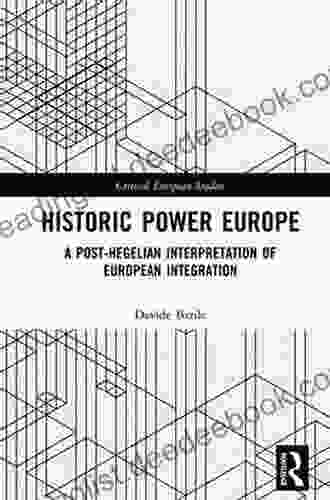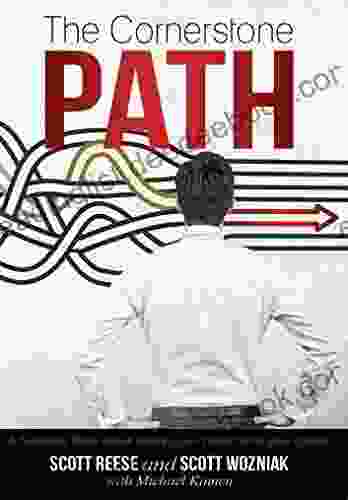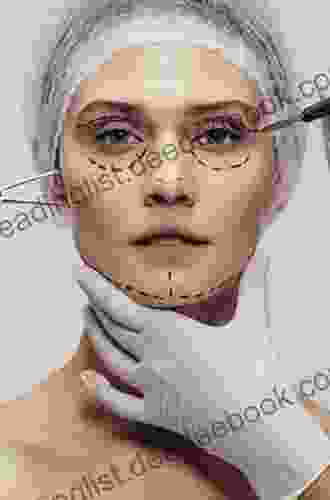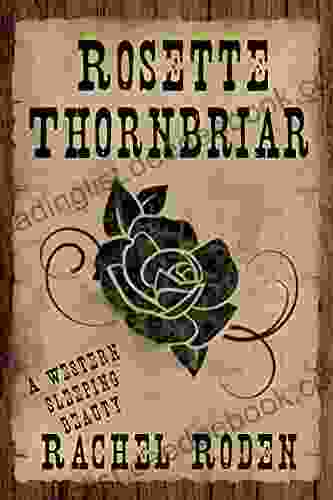Post-Hegelian Perspectives on European Integration: A Critical European Studies Analysis

The integration of Europe has been a subject of extensive study and debate, with scholars exploring its political, economic, and social implications. Post-Hegelian philosophy, with its emphasis on dialectics, phenomenology, and hermeneutics, has provided a rich theoretical framework for understanding the complex dynamics of European integration. This article aims to provide a comprehensive analysis of post-Hegelian interpretations of European integration through the lens of critical European studies.
Philosophical Underpinnings
Post-Hegelian philosophy emerged as a reaction to the limitations of Hegelian idealism. It challenged Hegel's notion of an absolute spirit and emphasized the importance of the individual, the concrete, and the historical. This shift in philosophical perspective had a profound impact on the understanding of European integration.
5 out of 5
| Language | : | English |
| File size | : | 1766 KB |
| Text-to-Speech | : | Enabled |
| Screen Reader | : | Supported |
| Enhanced typesetting | : | Enabled |
| Word Wise | : | Enabled |
| Print length | : | 192 pages |
| X-Ray for textbooks | : | Enabled |
Dialectics, a central concept in Hegelian philosophy, was reinterpreted by post-Hegelian thinkers to highlight the contradictions and conflicts inherent in social and political processes. This dialectical approach allows for a more nuanced understanding of European integration, recognizing both its progressive and regressive elements.
Phenomenology, the study of consciousness and experience, became central to post-Hegelian philosophy. Phenomenological approaches to European integration focus on the lived experiences of individuals and communities, offering insights into the subjective dimensions of the integration process.
Hermeneutics, the study of interpretation, emerged as a key tool for understanding social and political phenomena. Post-Hegelian hermeneutics emphasizes the role of context, perspective, and interpretation in shaping our understanding of European integration. It provides a framework for analyzing the multiple narratives and discourses that surround the European project.
Key Thinkers
Numerous post-Hegelian thinkers have contributed to our understanding of European integration. Some of the most influential include:
- Jürgen Habermas: Habermas has developed a critical theory of communicative action, which emphasizes the importance of dialogue and consensus in democratic decision-making. He has been an outspoken critic of the European Union, arguing that it has become too bureaucratic and technocratic, undermining democratic participation.
- Slavoj Žižek: Žižek has employed Lacanian psychoanalysis to analyze European integration, arguing that it is a symptom of a deeper crisis in capitalism. He sees the European Union as a form of "symbolic violence," which masks the exploitation and inequality that characterize the global economy.
- Alain Badiou: Badiou has developed a theory of "subjectivization," which emphasizes the role of individuals and groups in creating new political realities. He sees the European Union as a potential site for radical political transformation, but only if it can break free from its current neoliberal orientation.
- Ernesto Laclau and Chantal Mouffe: Laclau and Mouffe have developed a theory of "discourse," which emphasizes the role of language and rhetoric in shaping political realities. They argue that European integration is a discursive construction that is constantly being negotiated and contested.
Critical Perspectives
Post-Hegelian interpretations of European integration have provided a critical lens through which to examine the project's contradictions and limitations. Critical European studies scholars have highlighted the following concerns:
- Democratic Deficit: Critics argue that the European Union lacks democratic accountability and transparency. The European Commission, the EU's executive body, is not directly elected by European citizens, and the European Parliament has limited legislative powers.
- Neoliberal Austerity: The European Union's economic policies have been criticized for their austerity measures, which have disproportionately affected the most vulnerable populations. This has led to increased inequality and social unrest in many European countries.
- National Sovereignty: Some critics argue that European integration has eroded national sovereignty and undermined democratic self-determination. They fear that the European Union is becoming a super-state that will eventually replace the nation-state.
- Xenophobia and Racism: The European Union has been criticized for its handling of migration and asylum seekers. Critics argue that the EU's policies have created a hostile environment for migrants and refugees, and have contributed to the rise of xenophobia and racism in Europe.
Post-Hegelian interpretations of European integration have provided valuable insights into the complex dynamics of the European project. By employing dialectics, phenomenology, and hermeneutics, post-Hegelian thinkers have highlighted the contradictions, tensions, and ambiguities inherent in European integration. Critical European studies scholars have used these insights to develop a critical analysis of the EU's democratic deficit, neoliberal austerity, and other challenges. While European integration has undoubtedly brought about significant progress, it is important to remain cognizant of its limitations and contradictions. Post-Hegelian philosophy offers a rich theoretical framework for understanding these complexities and for envisioning a more democratic and inclusive European future.
5 out of 5
| Language | : | English |
| File size | : | 1766 KB |
| Text-to-Speech | : | Enabled |
| Screen Reader | : | Supported |
| Enhanced typesetting | : | Enabled |
| Word Wise | : | Enabled |
| Print length | : | 192 pages |
| X-Ray for textbooks | : | Enabled |
Do you want to contribute by writing guest posts on this blog?
Please contact us and send us a resume of previous articles that you have written.
 Novel
Novel Chapter
Chapter Genre
Genre Paperback
Paperback E-book
E-book Newspaper
Newspaper Paragraph
Paragraph Sentence
Sentence Shelf
Shelf Glossary
Glossary Bibliography
Bibliography Synopsis
Synopsis Scroll
Scroll Codex
Codex Tome
Tome Bestseller
Bestseller Classics
Classics Library card
Library card Narrative
Narrative Biography
Biography Memoir
Memoir Reference
Reference Encyclopedia
Encyclopedia Dictionary
Dictionary Thesaurus
Thesaurus Narrator
Narrator Character
Character Archives
Archives Study
Study Lending
Lending Reserve
Reserve Reading Room
Reading Room Rare Books
Rare Books Special Collections
Special Collections Interlibrary
Interlibrary Dissertation
Dissertation Storytelling
Storytelling Awards
Awards Book Club
Book Club Theory
Theory Jake Lynch
Jake Lynch Kenneth S Leong
Kenneth S Leong Geddy Lee
Geddy Lee Jacqueline Robinson
Jacqueline Robinson Marilyn Sachs
Marilyn Sachs Kathy Douglass
Kathy Douglass Candice Ransom
Candice Ransom Sarah Brown
Sarah Brown Evelyne Cole
Evelyne Cole Valentine Laage
Valentine Laage Jamie Cloud Eakin
Jamie Cloud Eakin Jack Norworth
Jack Norworth Margaret A Deppe
Margaret A Deppe Denise Ferreira Da Silva
Denise Ferreira Da Silva Damon Ferrante
Damon Ferrante Jason Randall
Jason Randall Adam Boxer
Adam Boxer Michele L Swers
Michele L Swers Jennifer Bryan
Jennifer Bryan Branislav Hock
Branislav Hock
Light bulbAdvertise smarter! Our strategic ad space ensures maximum exposure. Reserve your spot today!

 Isaiah PowellExploring the Enchanting Sicilian Medley Woodwind Quartet: A Deep Dive into...
Isaiah PowellExploring the Enchanting Sicilian Medley Woodwind Quartet: A Deep Dive into... Chad PriceFollow ·16.9k
Chad PriceFollow ·16.9k Shawn ReedFollow ·3.2k
Shawn ReedFollow ·3.2k Harry CookFollow ·7.2k
Harry CookFollow ·7.2k Pablo NerudaFollow ·12.5k
Pablo NerudaFollow ·12.5k Sam CarterFollow ·13.9k
Sam CarterFollow ·13.9k Ron BlairFollow ·18.7k
Ron BlairFollow ·18.7k Mikhail BulgakovFollow ·9.3k
Mikhail BulgakovFollow ·9.3k Robbie CarterFollow ·5.4k
Robbie CarterFollow ·5.4k

 Diego Blair
Diego BlairUnveiling Hidden Crete: A Comprehensive Review of Richard...
In the tapestry of travel literature,...

 Earl Williams
Earl WilliamsNew Addition Subtraction Games Flashcards For Ages Year
Looking for a fun...

 Julio Ramón Ribeyro
Julio Ramón RibeyroUnveiling the Nexus of Educational Politics and Social...
Education, a fundamental pillar of society,...
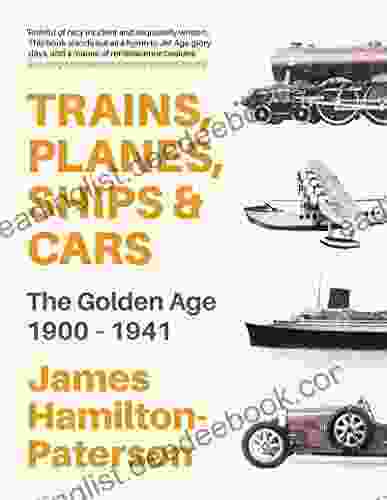
 Jordan Blair
Jordan BlairTrains, Planes, Ships, and Cars: The Evolution of...
Transportation...

 Derek Bell
Derek BellFalling for Rachel Stanislaki: An Unforgettable Literary...
Step into the...
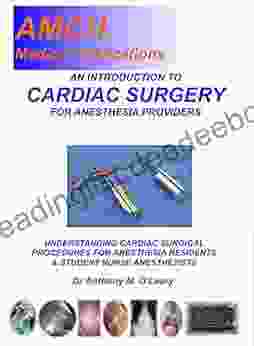
 Harry Cook
Harry CookAn Introduction to Cardiac Surgery for Anesthesia...
Cardiac surgery is a specialized...
5 out of 5
| Language | : | English |
| File size | : | 1766 KB |
| Text-to-Speech | : | Enabled |
| Screen Reader | : | Supported |
| Enhanced typesetting | : | Enabled |
| Word Wise | : | Enabled |
| Print length | : | 192 pages |
| X-Ray for textbooks | : | Enabled |


